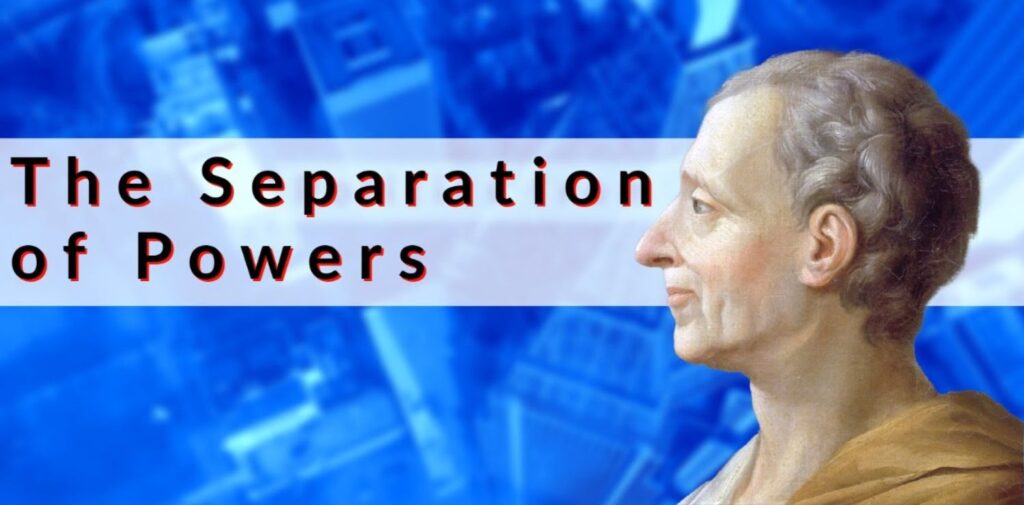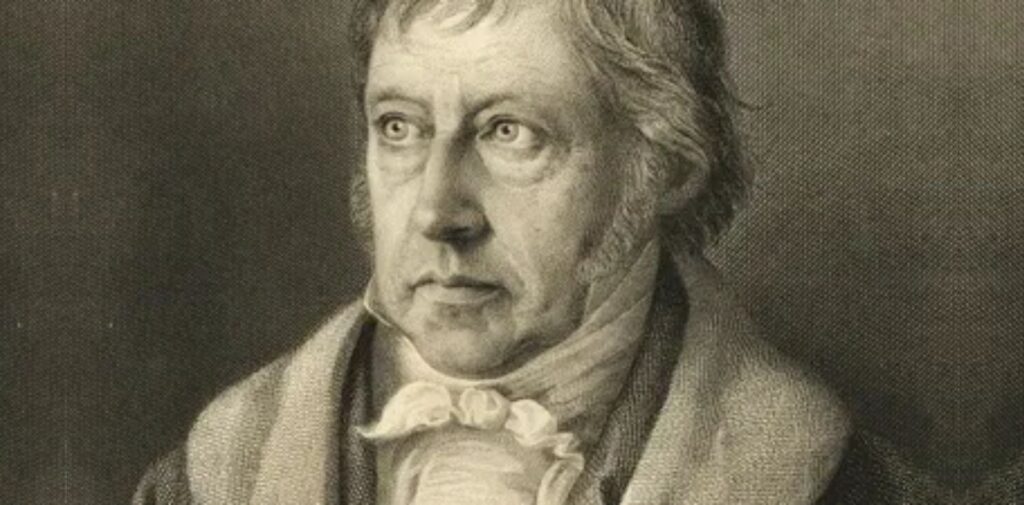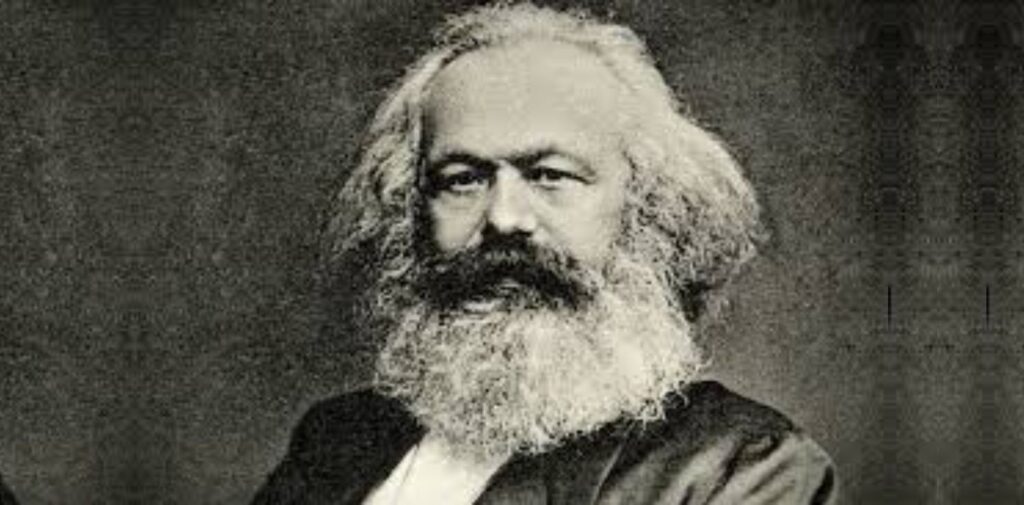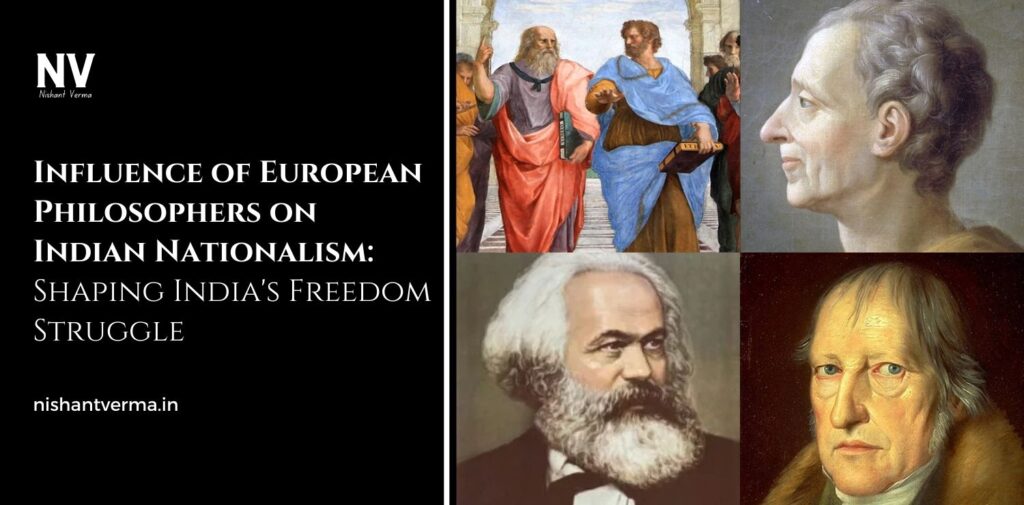The history of Indian nationalism is deeply intertwined with the ideas, movements, and philosophies that emerged in Europe during the 18th and 19th centuries. These European philosophical currents not only helped shape the thoughts of Indian reformers and nationalists but also provided the intellectual foundation for India’s struggle for independence. The thoughts of European philosophers like Rousseau, Montesquieu, Hegel, and Marx inspired many leaders and thinkers in India, influencing their approach to social, political, and economic reforms.
European philosophy, with its emphasis on liberty, democracy, rights, and equality, provided a critical perspective that Indian reformers adopted in their fight against colonial rule. In this article, we will explore how European philosophical ideas influenced Indian nationalism, helping to create a vision of India’s future as a free, democratic, and just nation.
1. The Enlightenment and the Seeds of Change
The period known as the Enlightenment in Europe, which spanned the 17th and 18th centuries, brought about significant changes in the way people thought about politics, society, and individual rights. Thinkers like John Locke, Jean-Jacques Rousseau, and Voltaire challenged traditional authority, particularly that of monarchies and the church, and emphasized ideas like individual liberty, popular sovereignty, and the social contract. These ideas found their way to India, where intellectuals and political leaders began to see the British colonial system as unjust and oppressive.
Rousseau’s idea of the social contract—the notion that governments derive their legitimacy from the consent of the governed—had a significant impact on Indian thinkers. Indian reformers began to question the legitimacy of British rule, as it was imposed on India without the consent of its people. The belief in individual liberty and human rights began to resonate with those seeking freedom from British colonial oppression.

2. Montesquieu’s Theory of Separation of Powers
Another European philosopher whose ideas significantly influenced Indian nationalism was Baron de Montesquieu, whose book The Spirit of the Laws (1748) proposed the idea of the separation of powers in government. Montesquieu argued that the powers of government should be divided into three branches: the executive, the legislature, and the judiciary. This system, he believed, would prevent any one branch from becoming too powerful, ensuring freedom and justice for the people.
Indian nationalists, particularly those involved in the Indian freedom struggle, found Montesquieu’s theory of separation of powers appealing. It inspired the Indian leaders to demand a more just and accountable government. The Indian National Congress (INC), which played a central role in the freedom movement, sought political reforms that would grant India greater autonomy and a fairer system of governance. The Indian Constitution, which was drafted after independence, incorporated elements of Montesquieu’s separation of powers to ensure the independence of the judiciary, a democratic legislature, and a responsible executive.
3. Hegel’s Philosophy of History and Nationalism
The philosophy of Georg Wilhelm Friedrich Hegel, a German philosopher, also had a profound impact on Indian nationalism. Hegel’s ideas about the dialectical process—the notion that history progresses through a conflict of ideas and opposites—shaped the way Indian nationalists viewed their struggle for independence.
Hegel believed that freedom could only be achieved when individuals and nations realized their self-consciousness. For Hegel, history was a process of nations asserting their identity and freedom. In this framework, the British colonial rule in India was seen as an oppressive force that stifled the country’s true potential. Nationalists like Subhas Chandra Bose and Sri Aurobindo saw India’s struggle for independence as part of a larger historical process in which nations were fighting for their self-determination and freedom. Hegel’s emphasis on the importance of national identity and the collective spirit of a nation resonated with the Indian nationalist leaders, who sought to revive India’s culture, heritage, and unity in the face of colonialism.

4. Karl Marx and the Indian Struggle for Social Justice
One of the most significant European philosophers whose ideas influenced Indian nationalism was Karl Marx. Marx’s theory of class struggle and his critique of capitalism, laid out in works like The Communist Manifesto (1848), resonated deeply with the Indian nationalists, especially those who were concerned about the exploitation of the poor and working classes by the British colonial government.
Marx’s analysis of how colonial powers exploit and oppress the native population was particularly relevant to India. Under British rule, India’s resources were being drained, and the masses were living in poverty. Marx’s ideas on economic equality and the redistribution of wealth found a voice in India through socialist and communist movements. Leaders like Jawaharlal Nehru and Subhas Chandra Bose were influenced by Marxist ideas. Nehru, in particular, embraced socialist principles, advocating for land reforms, industrialization, and social welfare policies that would improve the lives of the marginalized.
In the post-independence period, India’s first Prime Minister, Jawaharlal Nehru, implemented many policies based on Marxist economic ideas, including state control of major industries and land reforms. Nehru believed that socialism was the path toward creating a more just and equal society in India.

5. The Role of European Liberalism in Shaping Indian Nationalism
European liberal thinkers also had a profound influence on Indian nationalism. The liberal ideals of individual rights, democracy, and the rule of law became central to the Indian independence movement. Liberalism emphasized the importance of freedom of speech, freedom of the press, the protection of minority rights, and the expansion of democratic institutions.
In India, these ideas were adopted by key nationalist leaders, particularly those who were educated in Europe, such as Dadabhai Naoroji, Gopal Krishna Gokhale, and Lala Lajpat Rai. These leaders advocated for political reforms, the expansion of civil rights, and the creation of democratic institutions in India. Naoroji, in particular, was influenced by the liberal ideas of taxation and economic policies. He believed that India should be treated as an equal in the British Empire, with its rights protected under a system of liberal democracy.
Mahatma Gandhi, while primarily known for his philosophy of non-violence, was also influenced by European liberal thinkers. Gandhi’s commitment to civil rights, his advocacy for inclusive democracy, and his demand for political self-determination were rooted in liberal ideas about individual freedom and democratic governance.
6. European Philosophers and the Rise of Indian Nationalism
The influence of European philosophers on Indian nationalism cannot be understated. The ideas of liberty, justice, and equality, which were championed by European philosophers, provided Indian leaders and thinkers with the intellectual tools to challenge British colonialism. The Indian freedom struggle was not just about the desire for political independence, but also about the creation of a more just, equal, and democratic society.
European philosophical ideas helped to broaden the vision of Indian nationalists, who began to see their struggle as not only a fight for political freedom but also a fight for social justice, economic equality, and the rights of all citizens. These ideas were reflected in the Indian Constitution, which embodies the democratic ideals of freedom, equality, and justice.
Conclusion: European Philosophers on Indian Nationalism
In conclusion, the influence of European philosophers on Indian nationalism played a crucial role in shaping the intellectual foundation of India’s struggle for independence. The ideas of Rousseau, Montesquieu, Hegel, Marx, and liberal thinkers inspired Indian leaders to challenge colonial rule and fight for a free, democratic, and just society. These European philosophies provided the framework for understanding the injustices of British rule and helped shape the vision of the future India.
The fusion of European intellectual thought with Indian cultural and political traditions created a unique form of nationalism that sought not only political freedom but also social and economic justice for all. As India continues to evolve, the ideas of European philosophers remain embedded in the country’s democratic ideals and its ongoing quest for equality, justice, and progress.




